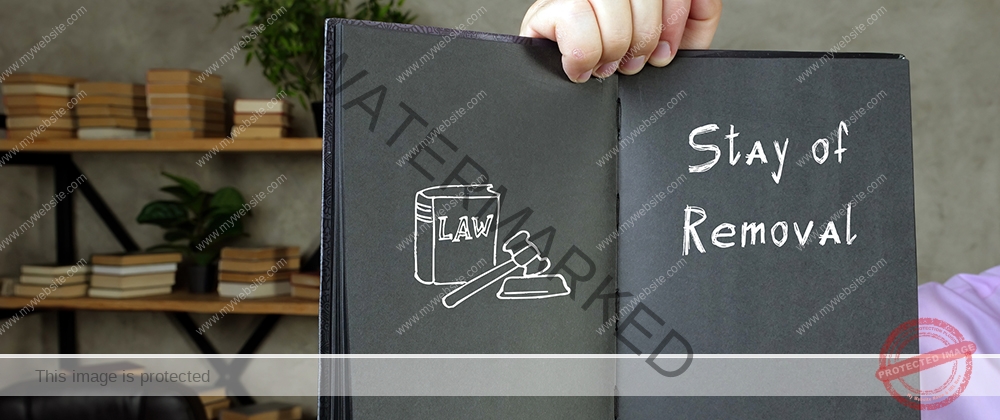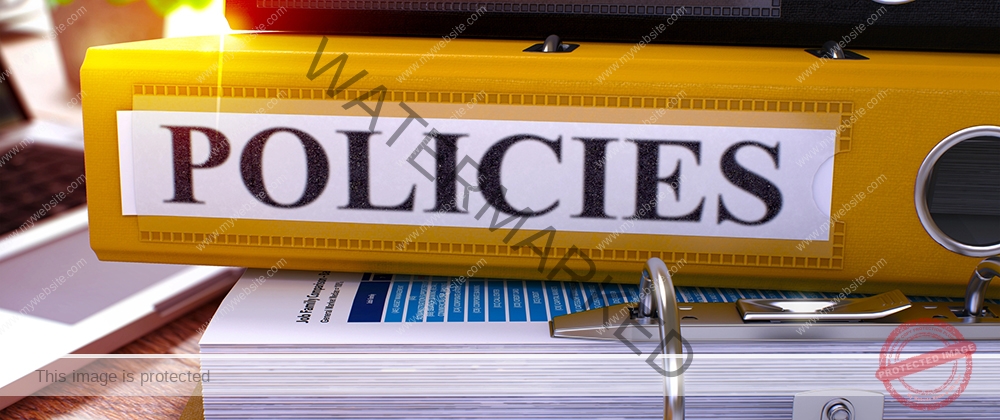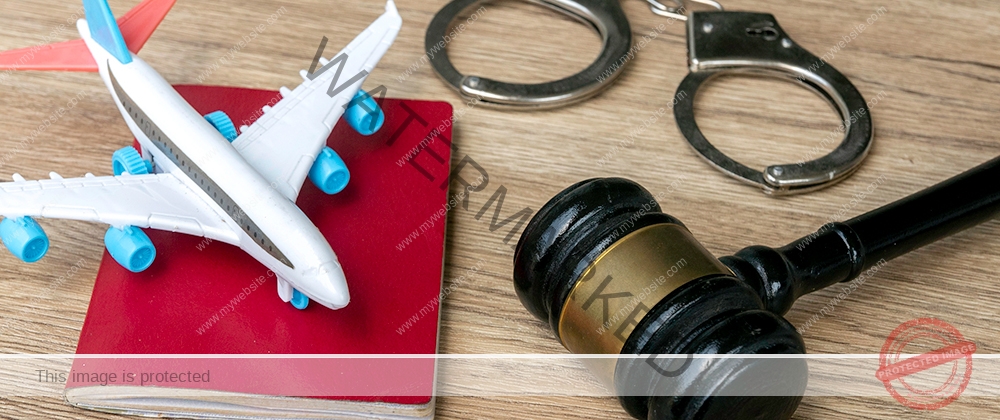Kosal Khiev’s journey began as an infant when his family immigrated to the United States from war torn Cambodia. He was born in Thailand at a refugee camp in 1980, where his family sought refuge. In 1981 they were able to relocate to California, where he grew up with six other siblings, being raised by their single mother.
His family struggled with poverty as well as the effect of Post Traumatic Stress Disorder (PTSD). According to the Journal of American Medical Association, 62% of Cambodian refugees who survived, suffered from PTSD. A study published by UCLA also found that the PTSD symptoms are passed through families and can be manifested in following generations by rebellious activity, criminal acts and even gang involvement.
Khiev’s story “Cambodian Son” was a film produced last year that premiered in 2014. It has been shown in Singapore, Lebanon, Berlin and Beijing. Just this month, “Cambodian Son” will be broadcast in the United States on the WORLD Channel.
The film chronicles Khiev’s journey from rebellious youth, to gang affiliated teenager, who was ultimate deported to Cambodia, a country he had never stepped foot in. Khiev details his desire to “fit in” and gang inclusion appealed to him on many levels. His involvement in the gang led to an arrest at 15 years of age for a gang-led shooting. One year later, at the age of 16, he was found guilty of attempted murder by association. For that crime he was sentenced to 16 years in prison. Reflecting back at what went wrong in his life, is easy at 35 years old. He states that if given the opportunity to go back, he would choose differently.
While in prison, however, he began to find his voice as a poet, through a weekly writing course that was offered to inmates. He maintains that he was able to channel his anger and frustration into his art, allowing him to turn his negative experience into a positive art form.
Khiev served 14 years of his 16 year sentence, which amounted to 85%, which was agreed to in a plea bargain. However, before he was released from custody, Immigration and Customs Enforcement (ICE) detained him and placed him in federal immigration custody for an entire year. He was never released following his jail term, but deported to Cambodia, a place he had never been. Pursuant to the 1996 Illegal Immigration Reform and Immigrant Responsibility Act (IIRIRA), he was deportable for his crimes and because in 2002, the United States had entered a Repatriation Agreement with Cambodia, they were able to remove him to a county his family had fled from years earlier.
Between 2009 and 2013, almost 2 million people were deported from the United States, one of the highest rates in history. It was during this deportation frenzy, that Khiev was put on a plane.
When he arrived in Cambodia, he met filmmaker Masahiro Sugano and artist Anida Yoeu Ali, who produced his film, “Cambodian Son.” The film documents his life as an American prisoner to a recognized renowned poet.



